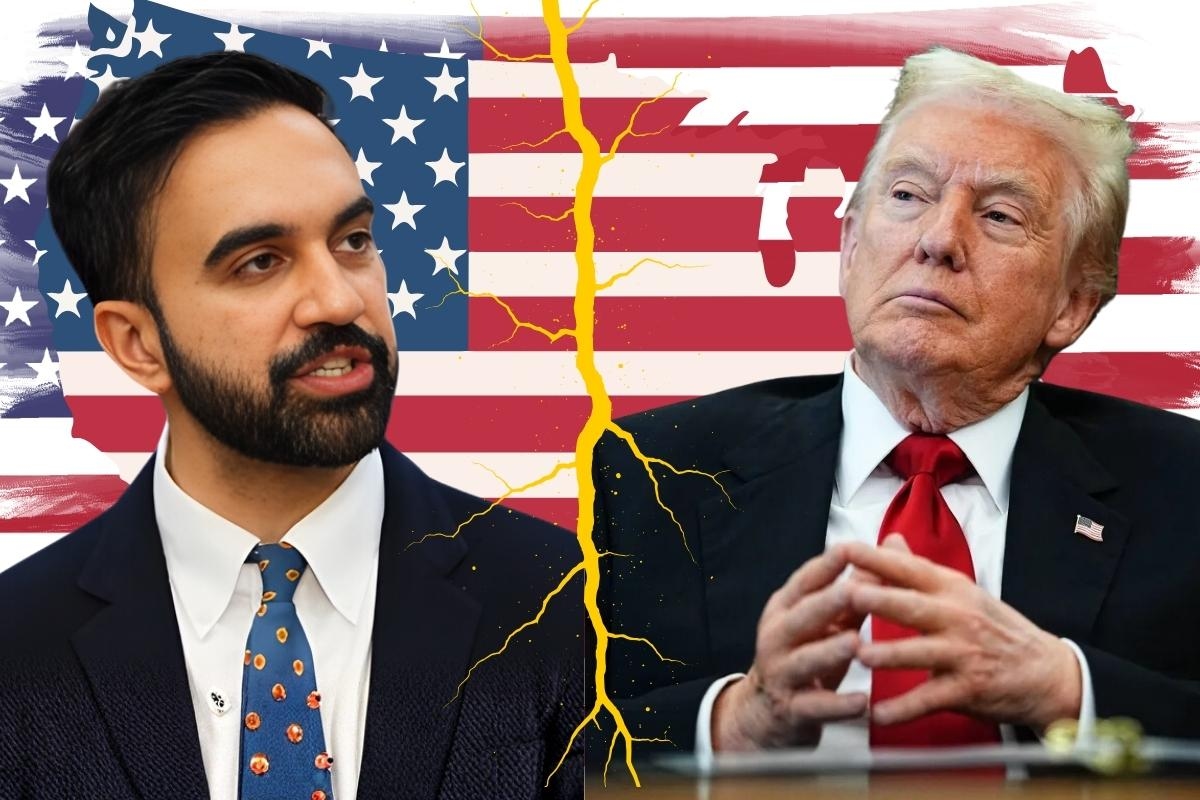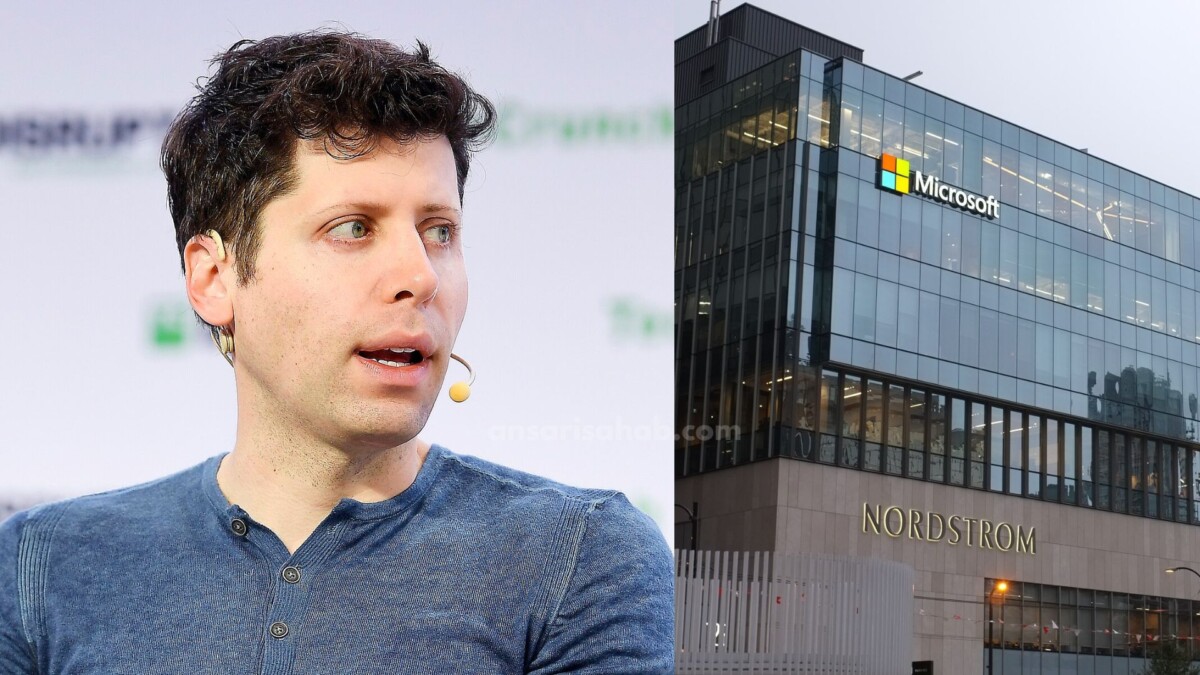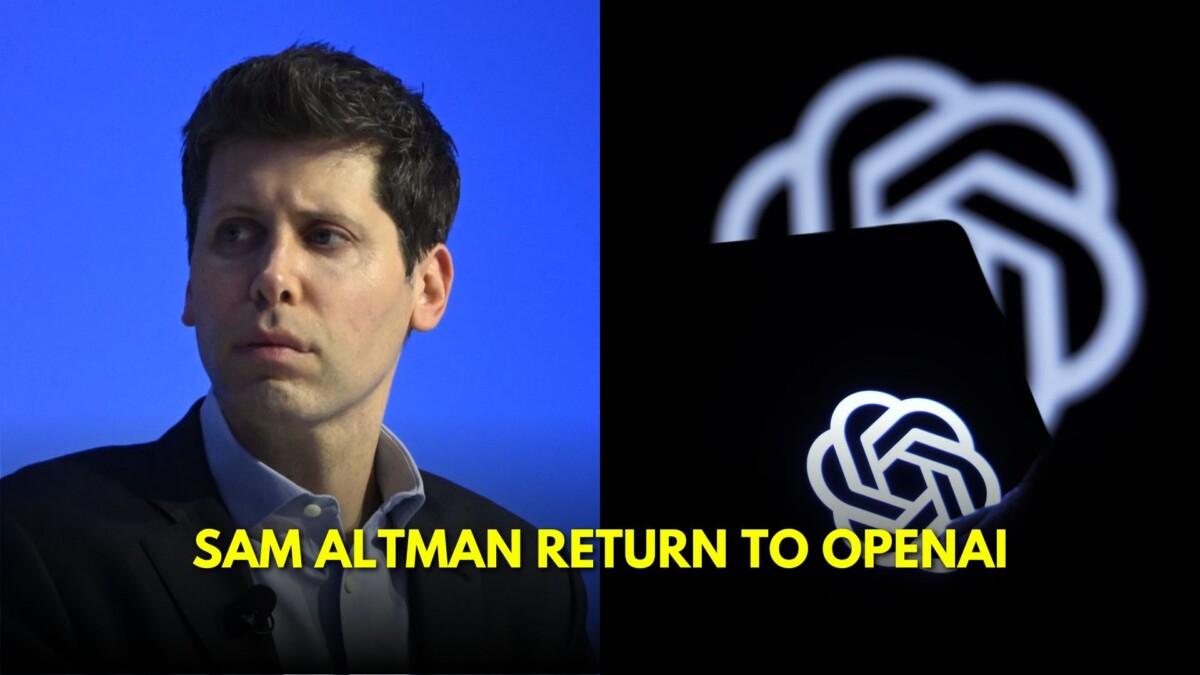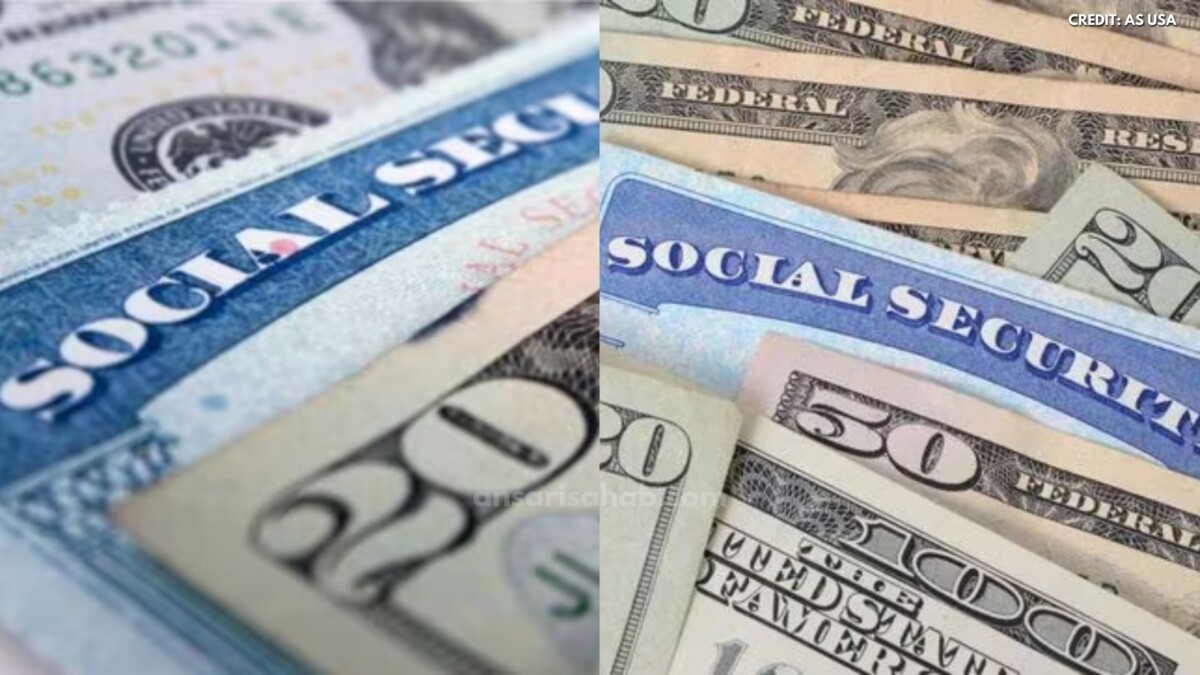NYC’s New Chapter Begins with a Confrontation
Zohran Mamdani has wasted no time turning up the heat on Donald Trump. In a charged victory speech, the newly elected mayor of New York City declared: “To get to any of us, you will have to get through all of us.” His message marked the beginning of what promises to be a tense relationship between the city’s first Muslim and South Asian mayor and the former president who once called him a “communist.”
Context: Why the Clash?
Mamdani’s rise has been striking. At 34, he became the youngest mayor of New York City in more than a century, and the first Muslim to hold the post. His campaign stood on sweeping progressive reforms—fare-free buses, a $30 minimum wage by 2030, rent freezes, and a new vision for immigrant-led growth.
Trump, meanwhile, openly challenged Mamdani throughout the campaign. He labelled him a “100 % Communist lunatic” on social media, threatened to cut federal funding to the city if Mamdani won, and criticised his politics as outside the mainstream.
In his victory speech, Mamdani confronted this head-on. He addressed the former president directly: “Donald Trump, since I know you’re watching, I have four words for you: Turn the volume up.” Then came the sharper line: “To get to any of us, you will have to get through all of us.”
What Experts Are Saying
Political analysts interpret this confrontation as emblematic of larger national divides. The mayor’s direct targeting of Trump signals that his administration will position itself not just as local government but as a symbol of progressive resistance. Edward-Lee Smith, a professor of urban politics, says: “Mamdani isn’t just governing New York City, he’s framing himself as the counter-narrative to Trumpism in the urban core.”
Governance experts also caution that the rhetoric sets high expectations—and risks. “When a mayor chooses a highly confrontational tone, you raise the bar for what you can deliver,” notes Maria Hernandez, director at the Center for City Leadership. “If federal cooperation is needed and the tone is adversarial, New York could face complications in intergovernmental funding.”
And that’s precisely what Trump warned of. He responded to Mamdani’s speech by calling it “very angry” and suggested the new mayor needs to be “nice” to Washington to secure federal aid.
Immediate Implications for New Yorkers
For the city’s residents, the Mamdani-Trump showdown has tangible implications:
- Federal Funding & Services: If the mayor’s administration clashes with the White House, New York could face delays or reductions in federal grants or disaster-relief programs.
- Immigration Policy & Sanctuary Protections: Mamdani has stressed immigrant-led growth and sanctuary city protections; a clash with Trump could elevate immigration enforcement priorities in the city.
- Budget and Policy Priorities: With a progressive agenda that includes a $30 minimum wage, free transit and expanded social programs—funded by higher taxes and corporate levies—Mamdani will need robust cooperation with state and federal partners to succeed.
The Bigger Picture: What This Means for U.S. Politics
Mamdani’s bold challenge to Trump is more than municipal politics—it’s a signal of how cities may become frontline sites for ideological battles in America. His remarks and the ensuing flap illustrate how local governance and national politics are increasingly intertwined.
For Trump, the mayor’s rise represents a setback in his own backyard. New York City, his hometown, is now led by an immigrant progressive—and Mamdani seized that narrative. Trump’s framing of Mamdani as a threat to “sovereignty” underscores the ideological weight the city now carries in broader culture wars.
What’s Next?
The next few months will test whether Mamdani’s confrontational tone can translate into effective governance. Key milestones to watch:
- Negotiations over federal and state funds: How the mayor’s office handles cooperation with Washington and Albany on transit, housing and social programs.
- Early policy rollouts: Implementation of his agenda—especially steps that may require intergovernmental coordination, such as city-wide fare-free transit or wage hikes.
- Political backlash and support: How the business community, landlords, state legislators and unions respond to Mamdani’s plans and rhetoric.
Final Word
Zohran Mamdani’s decision to fire at Trump during his inaugural address wasn’t a rhetorical flourish—it set the tone for his entire mayoralty. The new mayor is positioning himself as a champion of immigrant New York and progressive urban governance, ready to clash with national power. Whether that translates into meaningful policy gains or costly stalemates remains to be seen. But for now, he made plain: this is not business as usual in the Big Apple.









